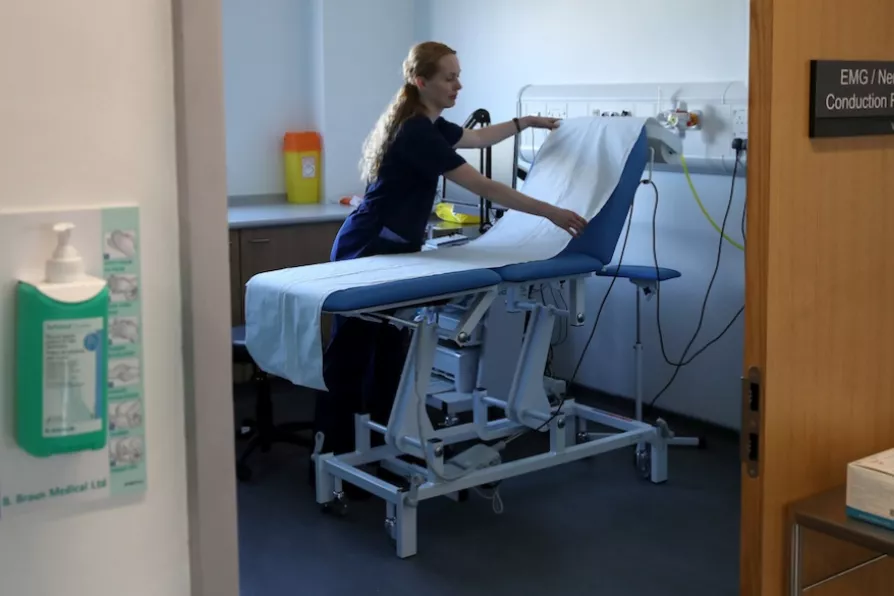The far right thrives on division, but denying racism within the left only strengthens it. As we mobilise for the All Together March, real solidarity demands honesty about our own failures, argues ROGER McKENZIE


THE NHS spend in 2021-22 was £152 billion but in spite of this, NHS trusts have suffered budgetary shortfalls of approximately £2bn each year since 2015. The relentless demand for efficiency savings and non-stop restructuring has led to ward closures, bed counts dropping, and services being privatised.
Over the last 10 years the NHS has lost 25,000 beds on the pretext of “care being moved into the community” but what has happened is that the public are waiting longer than ever before for care and treatment on the NHS. Eye-watering sums of public money are flowing into the private sector with minimum scrutiny, contract compliance or accountability.
Even before the pandemic struck, the “modernisation of the NHS” driven by a ruthless programme of cuts and privatisation had led to a rise in waiting lists for elective care.

We need a massive change in direction to renew a crumbling health service — that’s why Plaid Cymru has an ambitious plan to recentre primary care by recruiting 500 additional GPs and opening six new elective care hubs across Wales, writes MABON AP GWYNFOR

When privatisation is already so deeply embedded in the NHS, we can’t just blindly argue for ‘more funding’ to solve its problems, explain ESTHER GILES, NICO CSERGO, BRIAN GIBBONS and RATHI GUHADASAN












